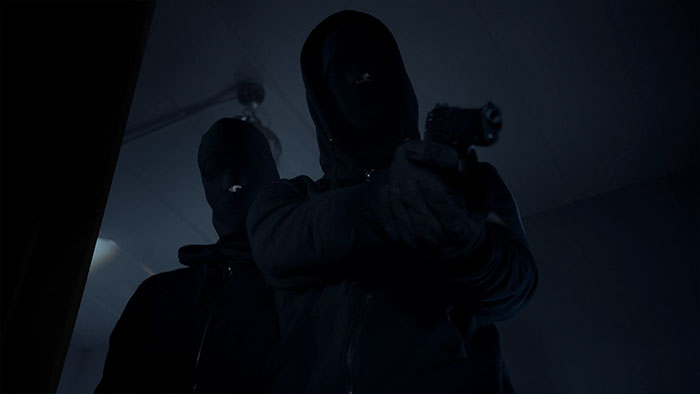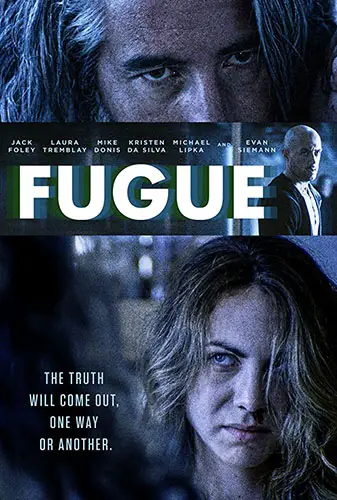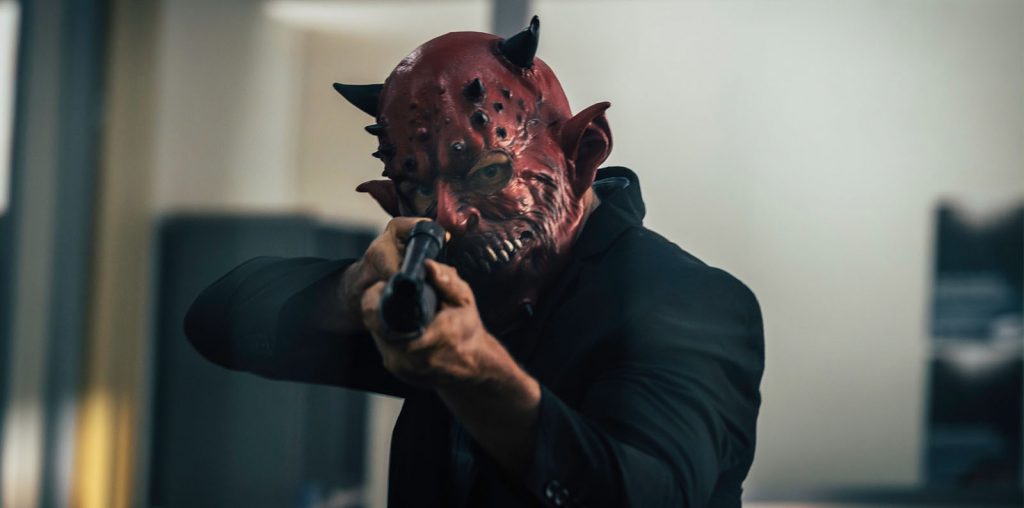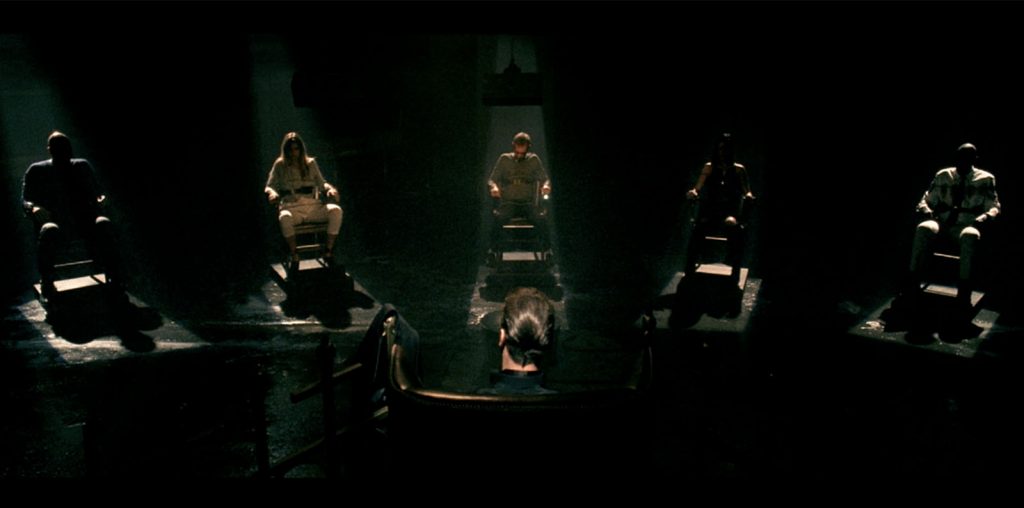
Writer-director Tomas Street’s Fugue is about the amnesia disorder, dissociative fugue. For those who may have never heard of it before, the condition (formerly known as a fugue state) is characterized by reversible amnesia, which can last months. Once over, most lost memories come back more or less intact. Of note, experiencing fugue is not always signs of a psychiatric disorder, as it can be triggered by trauma, dementia, or other external factors.
The first five minutes of Street’s feature-length debut is a wordless wonder. Malcolm (Jack Foley) wakes up on his bed in the middle of the afternoon. Dazed and confused, Malcolm dresses and then wanders the house to acquaint himself with his surroundings. No dialogue, a low-key, atmospheric score, courtesy of Abigail Thorpe, and subtle camera movements (slow zoom in/ outs) absorb the audience into the mystery right away.

“As the day wears on, Malcolm’s memory is slowing returning. Yet, he keeps seeing things out of place…”
Then Helen (Laura Tremblay) walks in, startling the man. She calmly explains that they are married and that he was in a car accident, which caused him memory loss. As she recounts a few stories of their time together, Malcolm begins to recall this or that detail, like the kind of muffin they ate on a very special morning.
Then someone knocks on the door. Helen answers, and it is Malcolm’s best friend, Ian (Mike Donis). Malcolm does not remember him but invites him in for dinner anyway. As the day wears on, Malcolm’s memory is slowing returning. Yet, he keeps seeing things out of place, such as the bedroom dresser being pushed a few inches off where it is typically or a picture frame face down under the couch. Are Helen and Ian’s intentions pure? Or are they after something that Malcolm cannot recall?

"…the technical merits of Fugue are impeccable."


